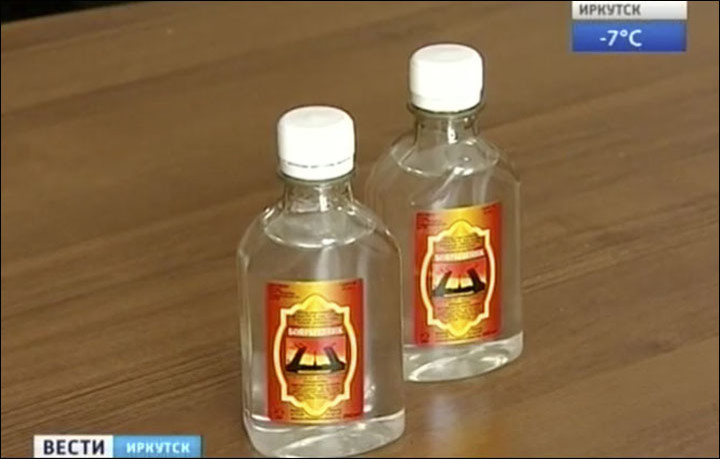Why are Russians drinking bath oil? Desperate alcoholics risk agonising death downing poisonous substitutes
Poverty and rising alcohol prices have led many Russians to risk everything for a drink.

Alcoholism has long plagued Russian society. According to the World Health Organisation, the country has some of the highest alcohol consumption rates in the world.
The deaths of 58 people in the Siberian city of Irkutsk after consuming a toxic bath lotion have highlighted a growing phenomenon in Russia's impoverished hinterlands.
As the country's two-year recession takes its toll, people are increasingly resorting to cheap but potent substitutes – including antifreeze, cosmetics and medicines – to the alcoholic beverages on the shelves.
Government action since 2010 to combat alcoholism by introducing minimum price limits for vodka are also believed to have played a role in many taking up dangerous alternatives. While the 185 rubles ($2.96) for a half litre bottles may seem low by western standards, it is extortionate for Russians in deprived areas of the country, where Soviet-era factories have long been closed.
According to analysts up to 12 million Russians a year now consume moonshine and other alcohol-based substitutes, despite the government cutting vodka prices by 16% in 2014 to combat this trend.
Some of the substances are produced by inexperienced or unscrupulous distillers. The Boyaryshnik bath fluid responsible for the mass poisoning in Irkutsk listed potent ethyl alcohol as an ingredient, but actually contained the toxic methanol. Methanol poisoning can cause nausea, vomiting, abdominal pain, breathing problems, dizziness, blindness and coma before death.
It was reportedly sold in shops for about a third of the price of a bottle of vodka.
The consumption of fake alcohol and alcohol alternatives causes thousands of deaths in Russia every year. As the capacity to afford alcoholic beverages has decreased there has been a spate of poisoning incidents. In the Siberian city of Krasnoyarsk, 30 people were killed consuming counterfeit Jack Daniels in December 2015,
Russian President Vladimir Putin announced on Wednesday (21 December) that tighter restrictions would be introduced on the sale of non-beverages containing alcohol in response to the mass poisoning in Irkutsk. But with the Russian economy continuing to struggle, the demand for affordable but potentially toxic alcohol substitutes seems likely to continue.
© Copyright IBTimes 2025. All rights reserved.




















